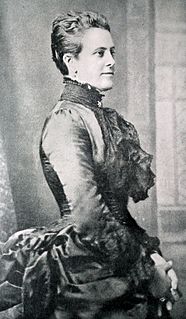
Enoch Arnold Bennett was an English writer. He is best known as a novelist, but he also worked in other fields such as the theatre, journalism, propaganda and films.

Thomas Brassey, 1st Earl Brassey was a British Liberal Party politician, Governor of Victoria and founder of The Naval Annual.
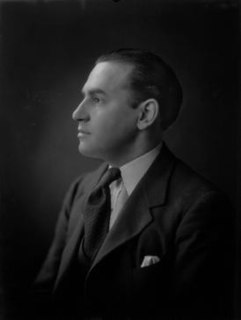
Philip Guedalla was an English barrister, and a popular historical and travel writer and biographer. His wit and epigrams are well-known, one example being "Even reviewers read a Preface," another being "History repeats itself. Historians repeat each other." He also was the originator of a now-common theory on Henry James, writing that "The work of Henry James has always seemed divisible by a simple dynastic arrangement into three reigns: James I, James II, and the Old Pretender".
Arthur Joseph Penty was an English architect and writer on Guild socialism and distributism. He was first a Fabian socialist, and follower of Victorian thinkers William Morris and John Ruskin. He is generally credited with the formulation of a Christian socialist form of the medieval guild, as an alternative basis for economic life.
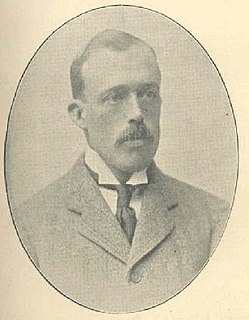
Thomas Allnutt Brassey, 2nd Earl Brassey TD, DL, JP, MInstNA, AMICE, styled Viscount Hythe between 1911 and 1918, was a British peer, who was for many years editor or joint editor of Brassey's Naval Annual.
Ripon was a constituency sending members to the House of Commons of the Parliament of the United Kingdom until 1983, centred on the city of Ripon in North Yorkshire.
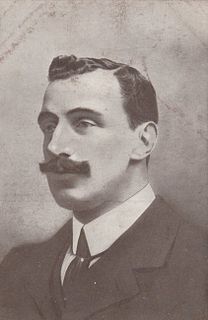
Sir William Gervase Beckett, 1st Baronet, born William Gervase Beckett-Denison, was a British banker and Conservative politician.
Colin Holmes is a British author, scholar, and historian. He retired in 1998 and is now an Emeritus Professor of History at the University of Sheffield.
Alfred Edward John Rawlinson was an eminent British scholar of divinity and an Anglican bishop. He was the second Bishop of Derby from 1936 until his retirement in 1959.
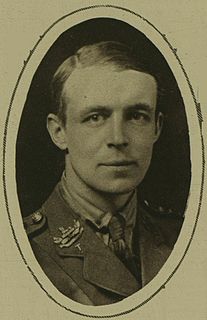
Sir Colin Reith Coote, DSO was a British journalist and Liberal politician. For fourteen years he was the editor of the Daily Telegraph.

Richard Stanton Lambert was a biographer, popular historian and broadcaster. He was also the founding editor of The Listener and an employee of the BBC and CBC. His books mainly concern history and biography but he also wrote about crime, travel, art, radio, film and propaganda. In Ariel and All His Quality he wrote about his time with the BBC in its formative years. Propaganda, published in 1939, was a timely investigation of a subject already made familiar during World War I.
The Holmfirth by-election was a Parliamentary by-election. It returned one Member of Parliament to the House of Commons of the Parliament of the United Kingdom, elected by the first past the post voting system.

Eric Newton (1893–1965) was an English artist, writer, broadcaster and art critic. He produced several books in addition to his newspaper and radio work and created mosaics for Ludwig Oppenheimer Ltd, mostly on a religious theme. His radio broadcasts made him well known to the British public in the 1930s.
Sir (Gualterus) Stewart Schneider was the 7th Solicitor General of Ceylon. He was appointed on 1917, succeeding Thomas Garvin, and held the office until 1917. He was succeeded also by Thomas Garvin.
David G. Williamson is a British historian, writer, and lecturer. He is the former head of history and politics at Highgate School. Williamson specialises in the history of Germany in the nineteenth century and the first half of the twentieth century, and the military history of the Second World War. He has written two volumes in the popular Seminar Studies in History series and two in the Campaign Chronicles series.
John Still (1880–1941) was a British archaeologist and author, known for his discoveries at Sigiriya and his book "The Jungle Tide".
George Wall was a merchant, coffee planter, politician, amateur astronomer, botanist and humanitarian in Ceylon.
Sir Hector William van Cuylenburg was a Ceylonese lawyer, newspaper proprietor and politician.
